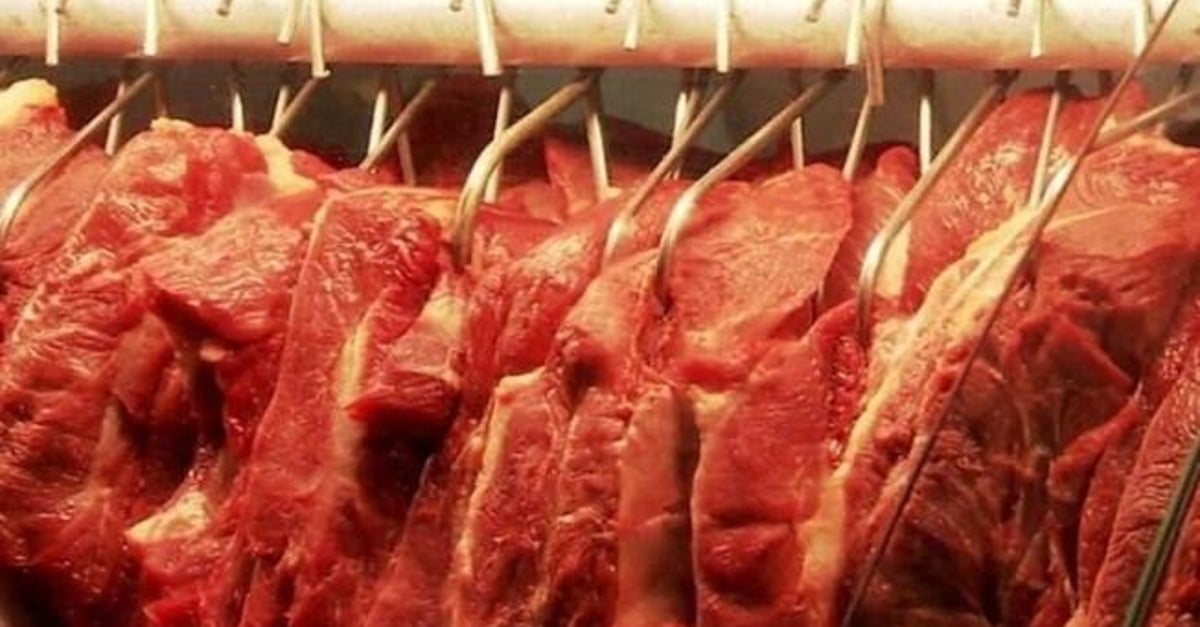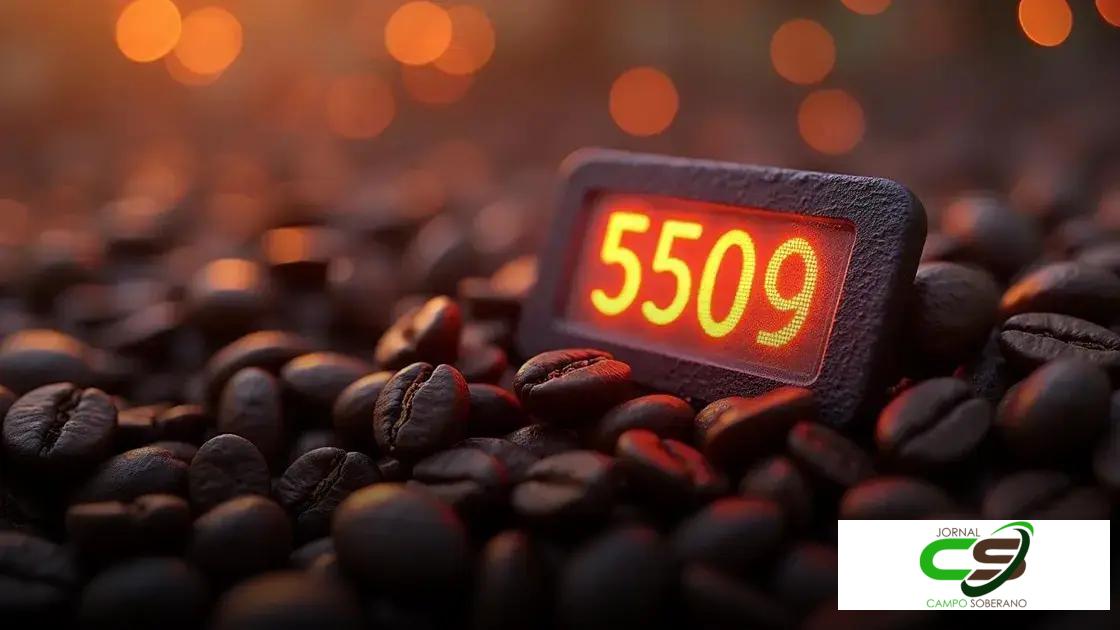Lifelong education could a key factor in encouraging more women to get into agriculture and to ensure greater gender equality in farming, according to the former German minister for agriculture, Julia Klockner.
The German politician told the first National Dialogue on Women in Agriculture in Portlaoise during the week that Irish women and German women working in farming and the agricultural sector share the same challenges
“Women are not really visible in the agricultural sector and we need to bring women together in order to support them and encourage them because women have different perspectives.
“Women work on farms and help to run farms but sometimes are not part of the conversation.
“In Germany, women see themselves as a co-entrepreneur, together with their partner but legally, this is often not the case,” the CDU/CSU economics spokesperson said.
Klockner told the conference that while she was minister for agriculture her department undertook a study over a three-year period to examine the “living and working” situation of more than 7,000 women.
She said the results showed that only 11% of German farms were managed by women and that women were often “not present or visible” within the agricultural sectors.
Klockner said in her opinion women “still often bore the brunt of raising children and had the double burden of career and family” which meant that during and after pregnancy “sometimes women could only work to a limited extent”.
She also highlighted during the Women in Agriculture Dialogue that women who work in farms and the agricultural sector also have to “perform a variety of additional tasks” from caring for children and relatives and all the associated responsibilities of managing a home and family.
“Often people do not realise all the work that women are doing, outdated gender sterotypes continue to exist and traditional inheritance practices make it extremely difficult to run and take over farms.
“There is no simple quick solution to how we can change this problem – weakness are inherent throughout the entire system be it in terms of healthcare or aged parents. Women draw the short straw.
“But women often have different approaches to running the businesses, women often diversify ensuring there are multiple sources of income that can act as a safety net for the farm,” she said
Klockner told the conference, chaired by the former Irish minister for agriculture, Mary Coughlan, that it was vital to “increase the visibility” of women in agriculture and also to increase the number of women, managing and starting farms in Germany and Ireland.
She believes the key to doing lies with ensuring that women have access to “life-long learning” and to obtaining “professional qualifications”.
“In Germany it is often the man that has the education in agriculture while women in Germany have a non-agricultural qualification, but women need more continued, lifelong education,” she said.
“We need professional courses designed specifically for women and I believe this would have potential to ensure more doors are open for women – women need more training opportunities,” she stressed.
Education matters
But the former minister for agriculture also believes that it is not just women who need access to “lifelong learning” to succeed in agriculture and farming – whether it is in Ireland or Germany.
Klockner also believes there is a need for a more societal approach to educating everyone about where food comes from.
“There are increasing social demands on agriculture, the political framework is always changing and we see farmers being blamed for climate change and that agricultural sector is always in the position of having to explain what they are doing.
“This splits society – we need more knowledge to be shared in schools about how food is made, where it comes from and this then will create a greater understanding about the role of agriculture in society and how important it is,” she said.
One of the key themes of the Women in Agriculture Dialogue, that was hosted by the Minister for Agriculture, Food and the Marine, Charlie McConalogue, was around the issue of greater gender equality in agriculture.
Minister McConalogue told the conference that it was “time to take the role of women farmers out of the shadows and put them firmly in the spotlight”.
“We are here because we are standing on the shoulders of giants. Great women who built farms, developed agriculture and ensured that the farming sector was sustained and thrived.
“In some cases, these farmers were front and centre on the farm, however, unfortunately there were too many occasions where the work of women on farms was under the radar and unseen,” the minister added.
Minister McConalogue said agriculture was still largely a male-dominated sector but the government wanted to support greater participation of women in the sector and help to readdress “the under-representation of women, both within farming and across the sector”.
Women in agriculture
Throughout The Women in Agriculture Dialogue there were panel discussions and workshops which featured a wide range of speakers including dairy farmers, academics, businesswomen and politicians from the worlds of farming and agribusiness.
According to Deirdre Ryan, director of quality assurance and Origin Green at Bord Bia, there’s still a big job to be done in terms of inclusion and gender equality in the agriculture sector with only 13% of women currently farm owners.
Feedback from women who attended the event suggested that among the key hurdles to creating a more level playing field for women in agriculture in Ireland is the current “culture” that exists.
During workshops on the day women identified that “successful role models” in the agri-sector need to be more visible, that there needs to be more support structures put in place for women in farming and that “imposter syndrome” needs to be eradicated.
Women also identified key issues around their “legal position” in farming particularly in relation to herd numbers, succession dilemmas and “ownership rights”.
Minister McConalogue has pledged that feedback from speakers and all of the participants will be compiled into a report on the Dialogue and that this “will inform policy in the coming years”.

